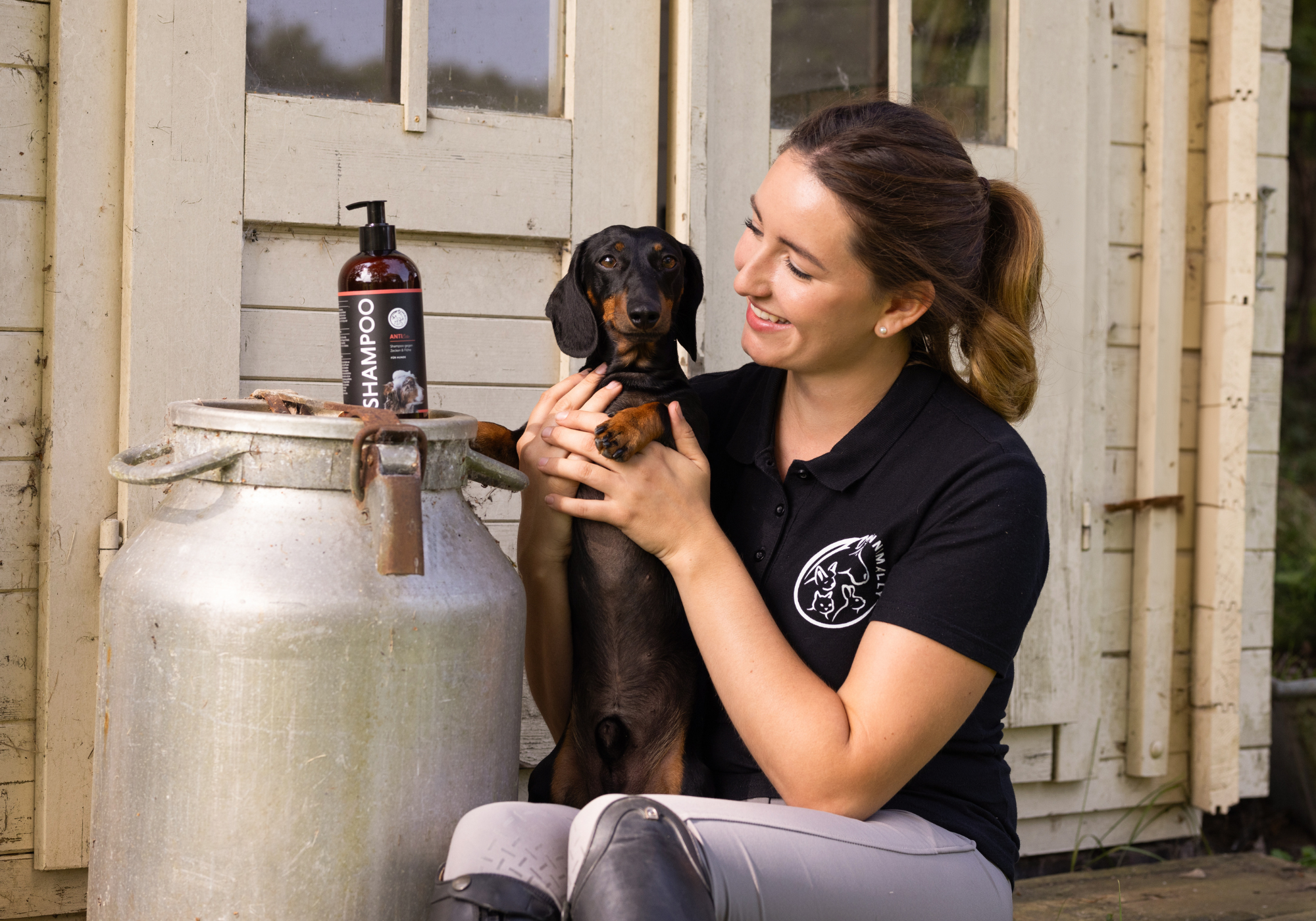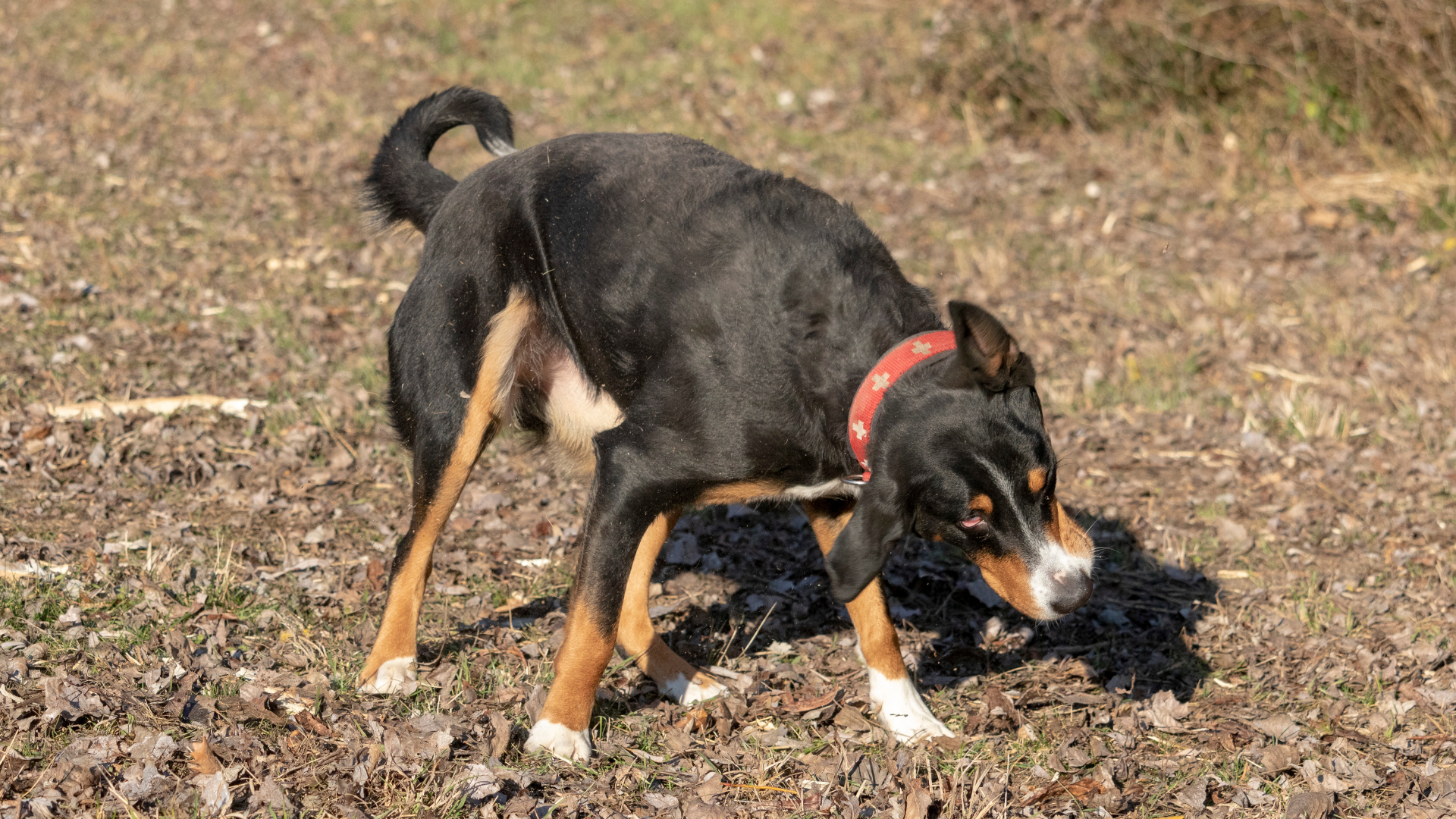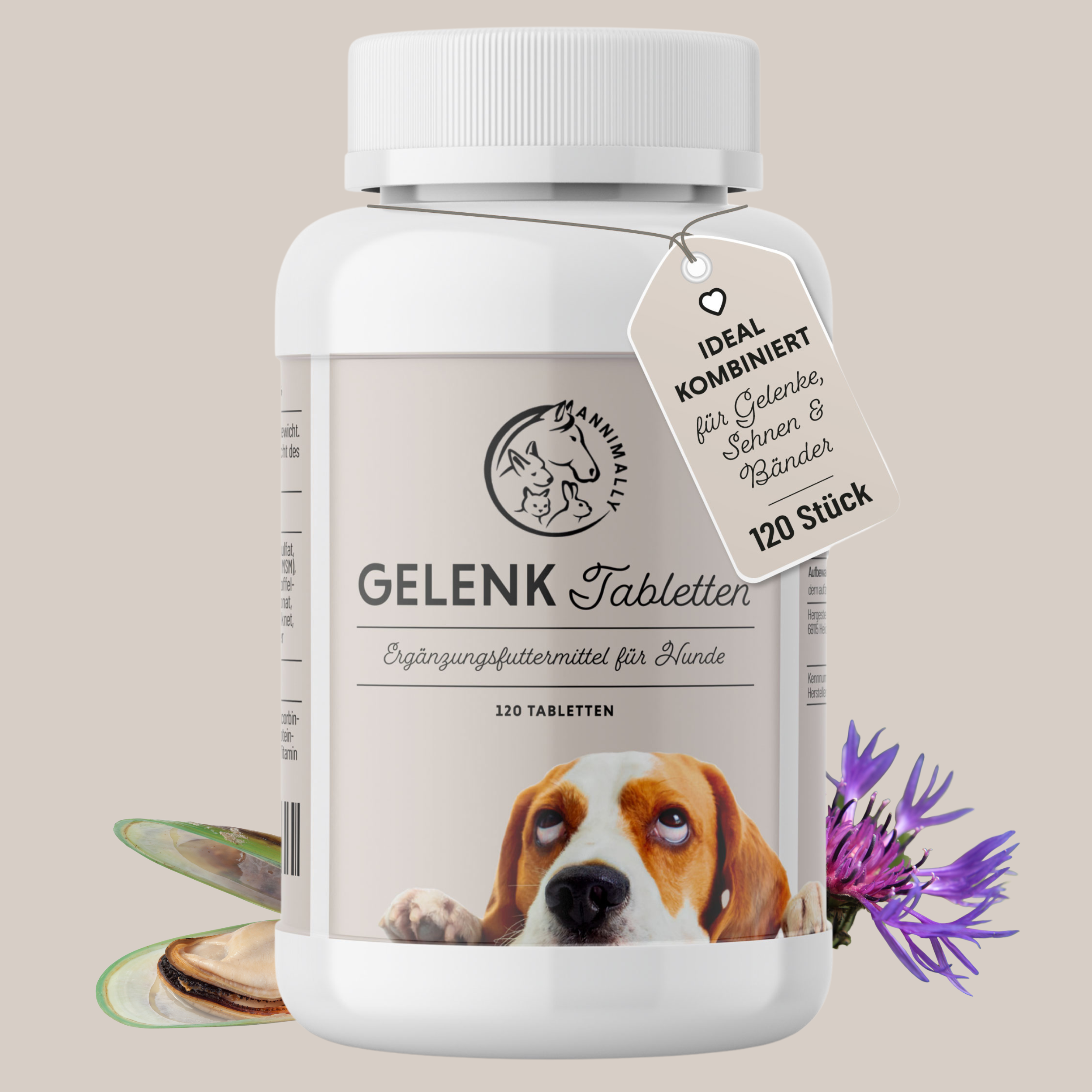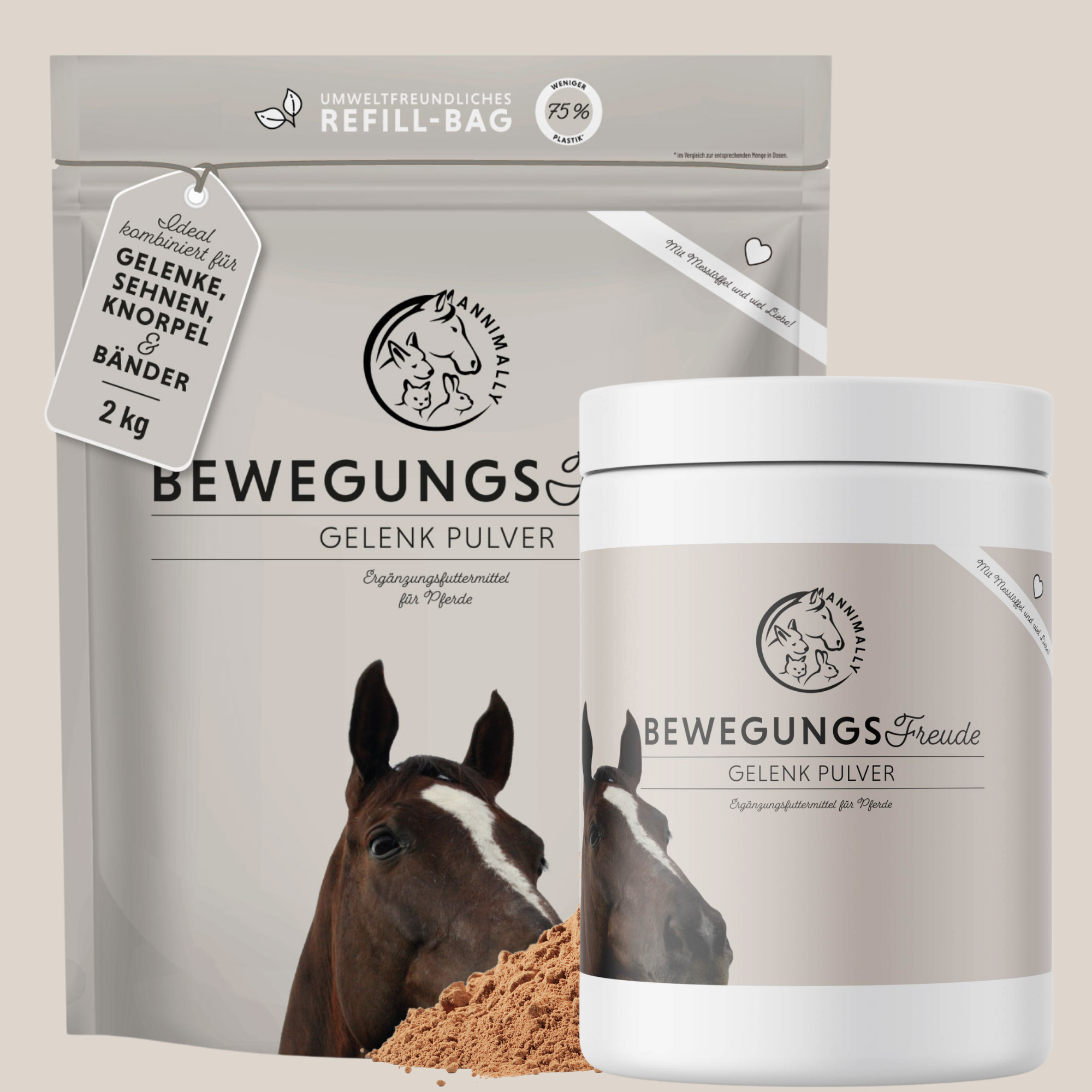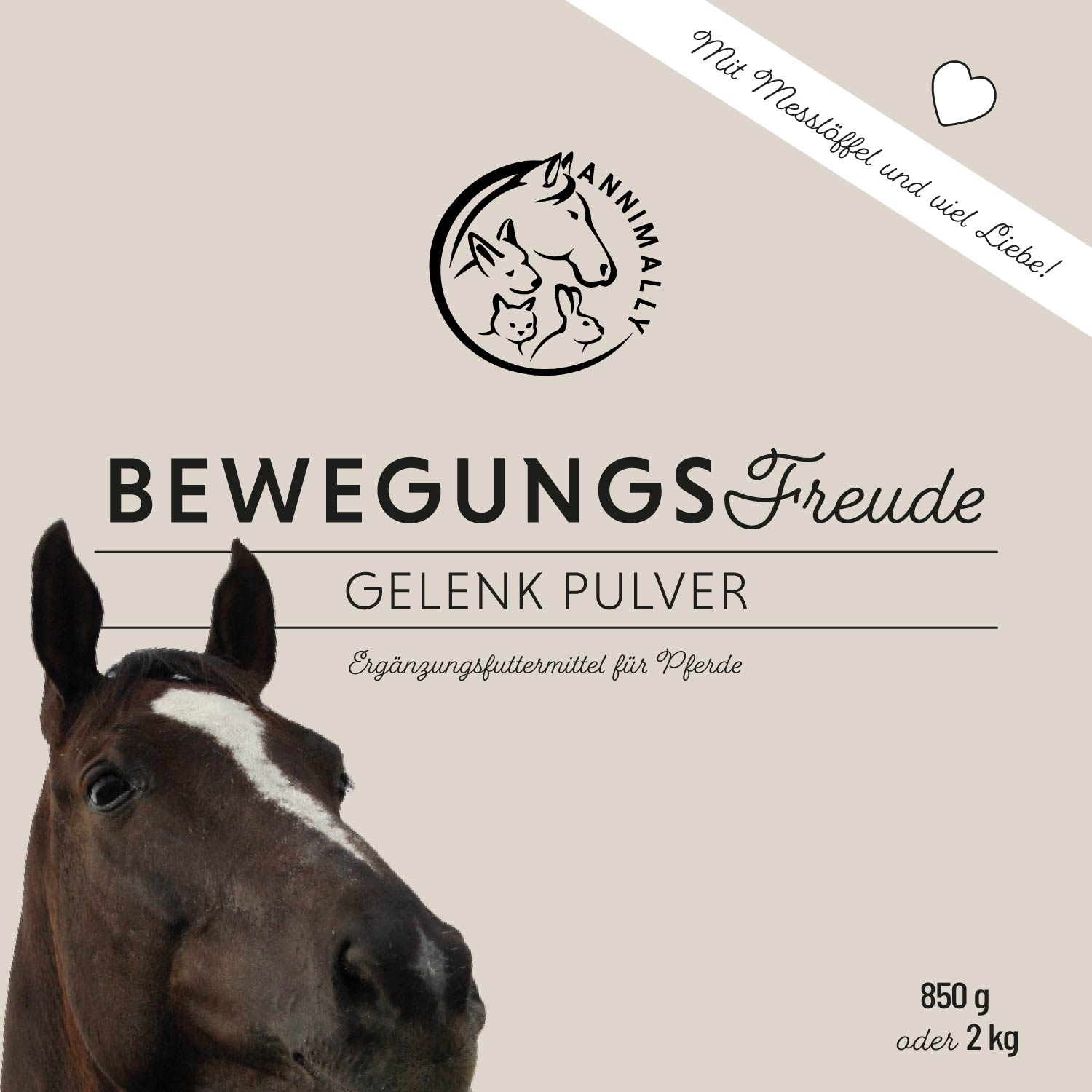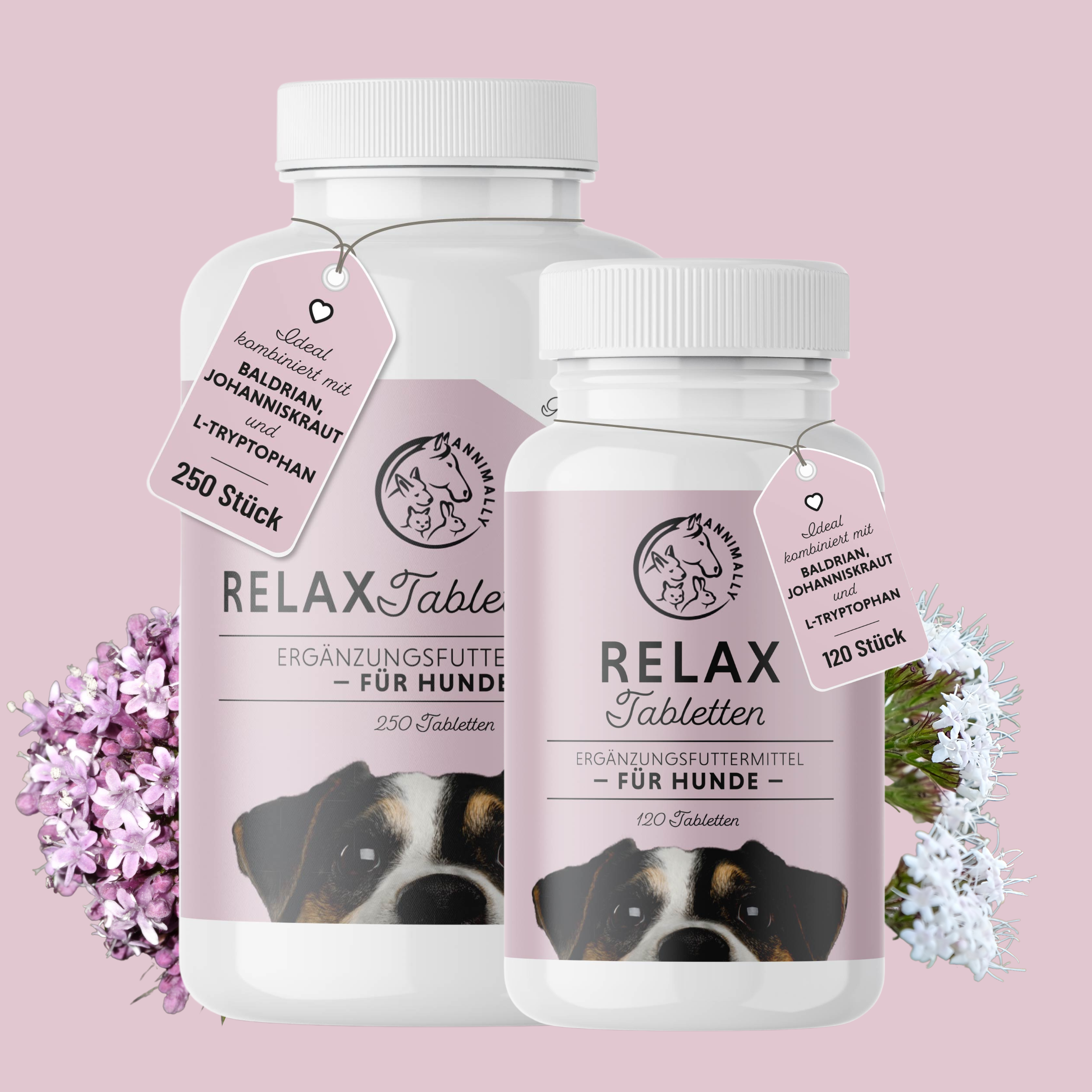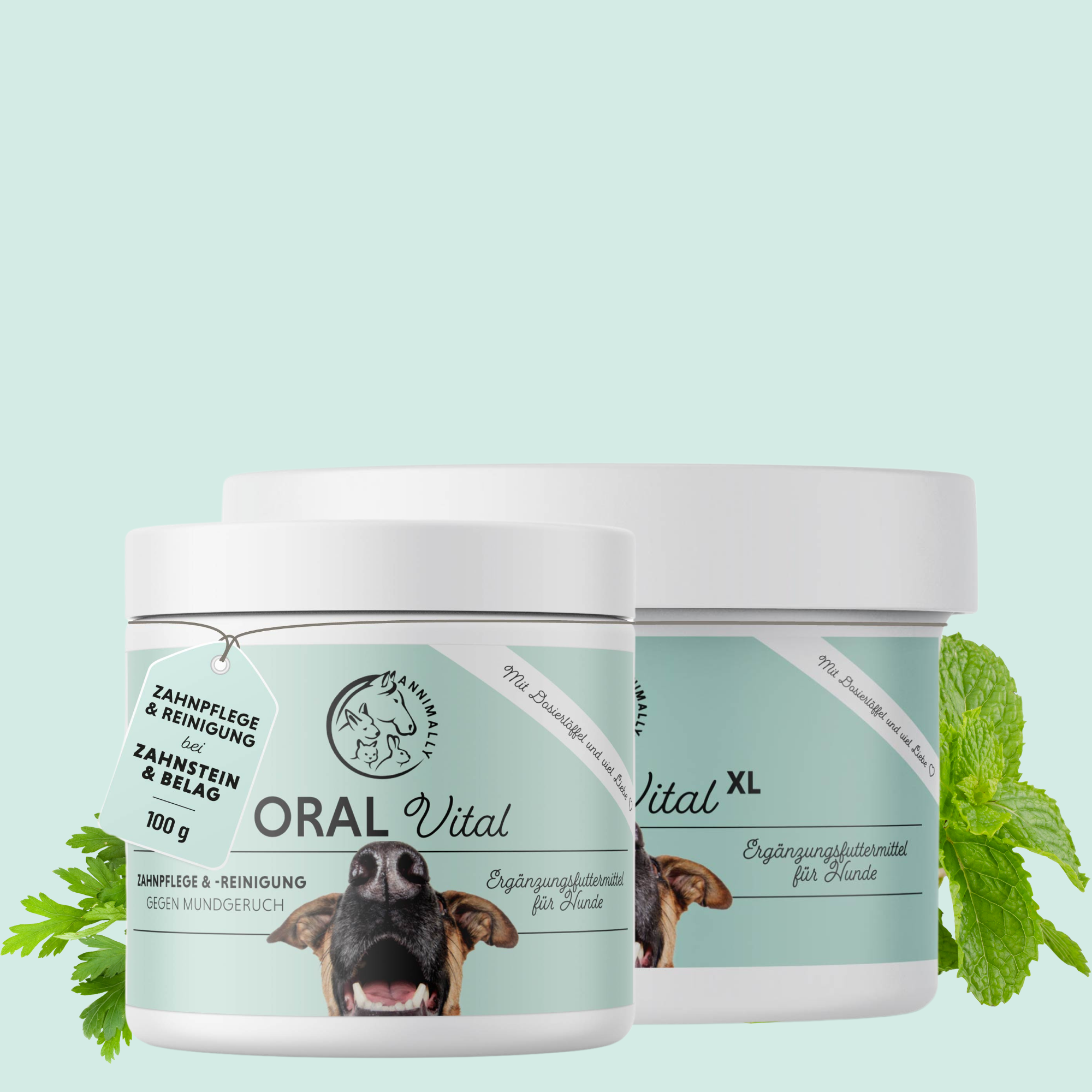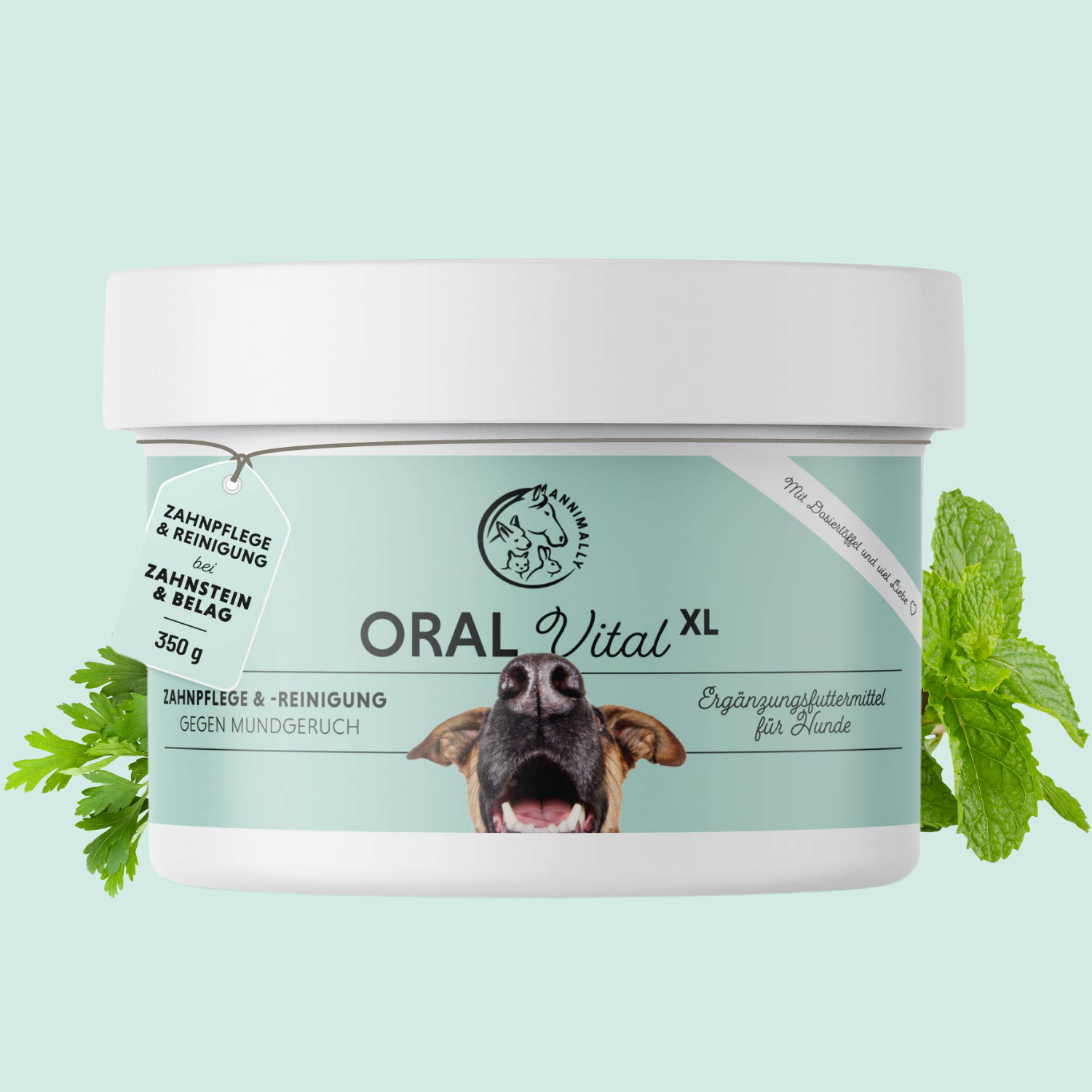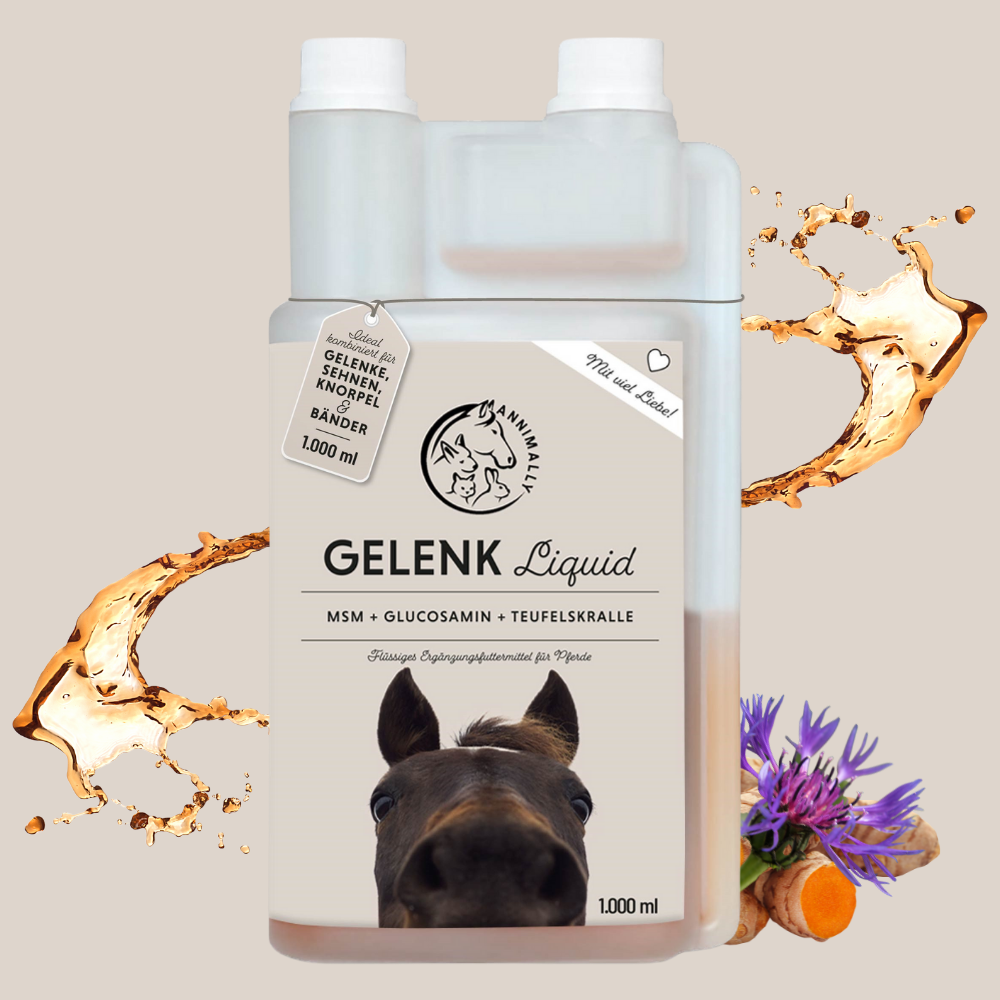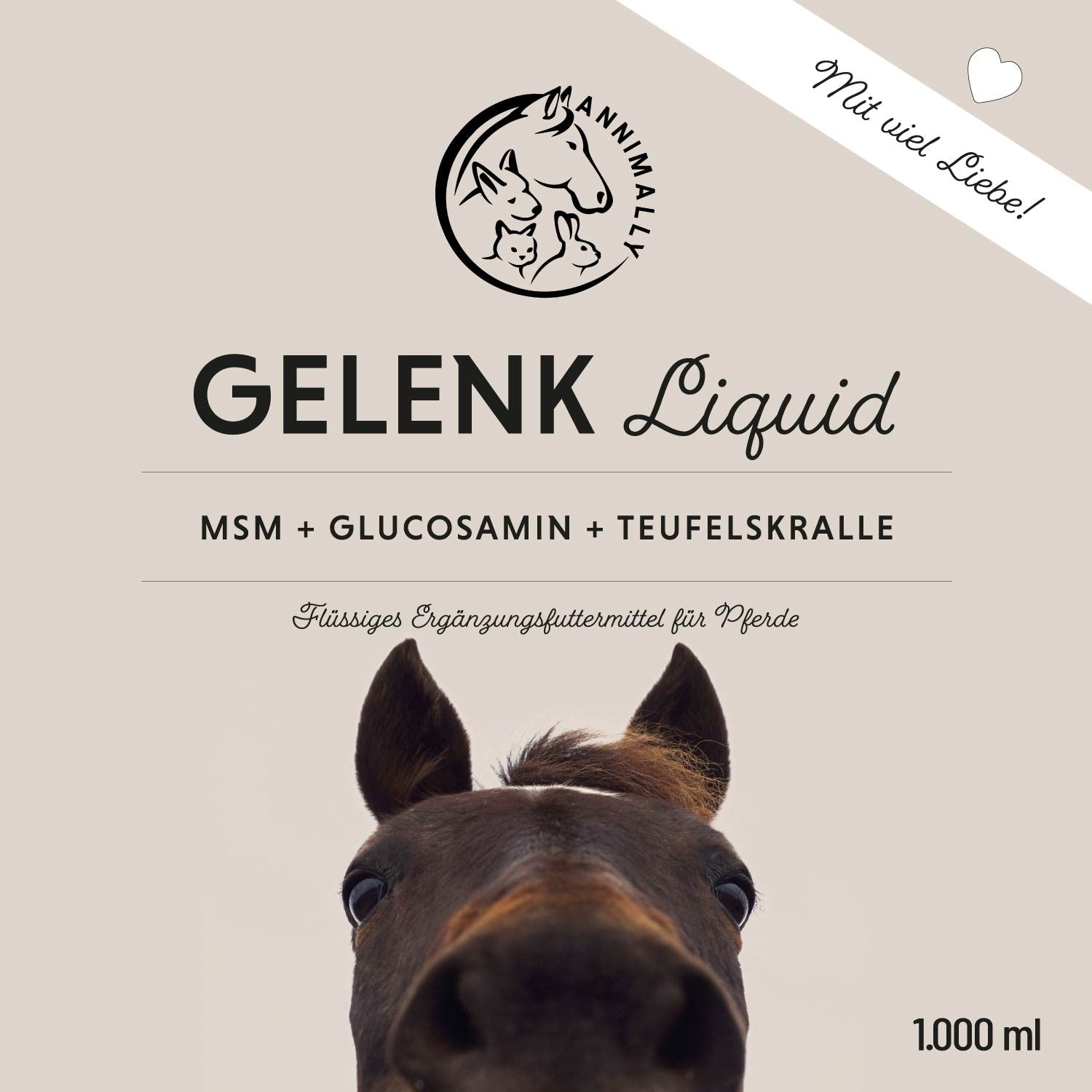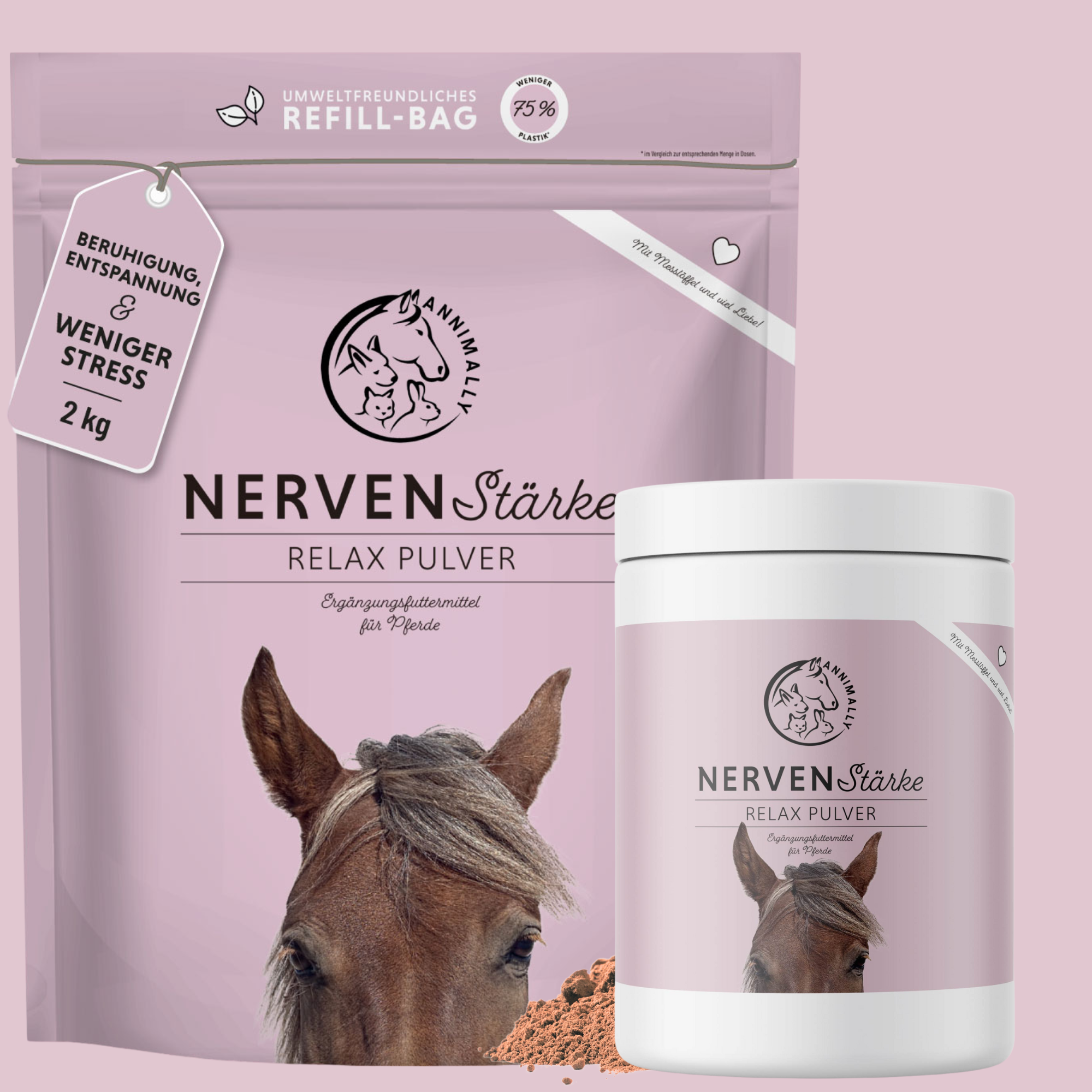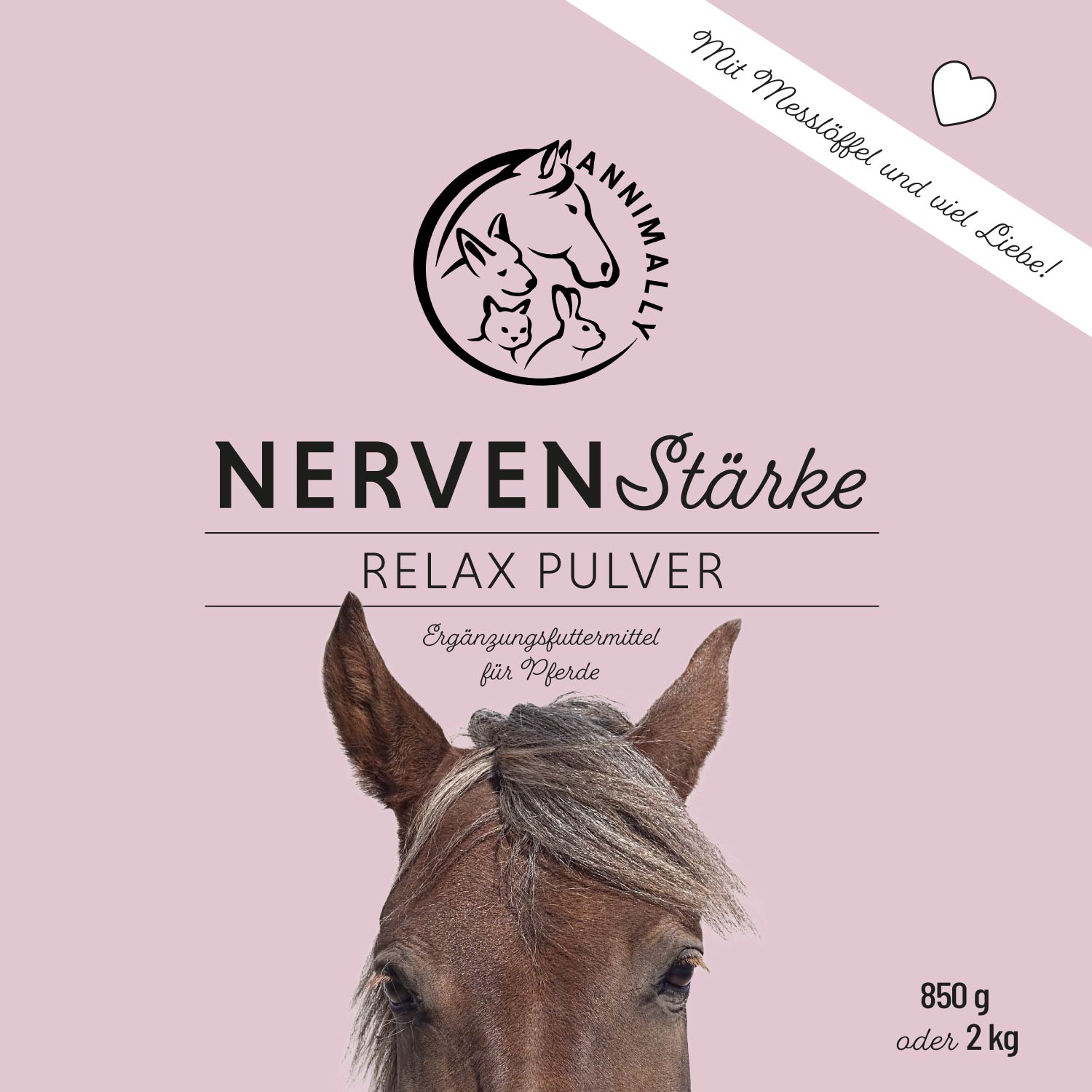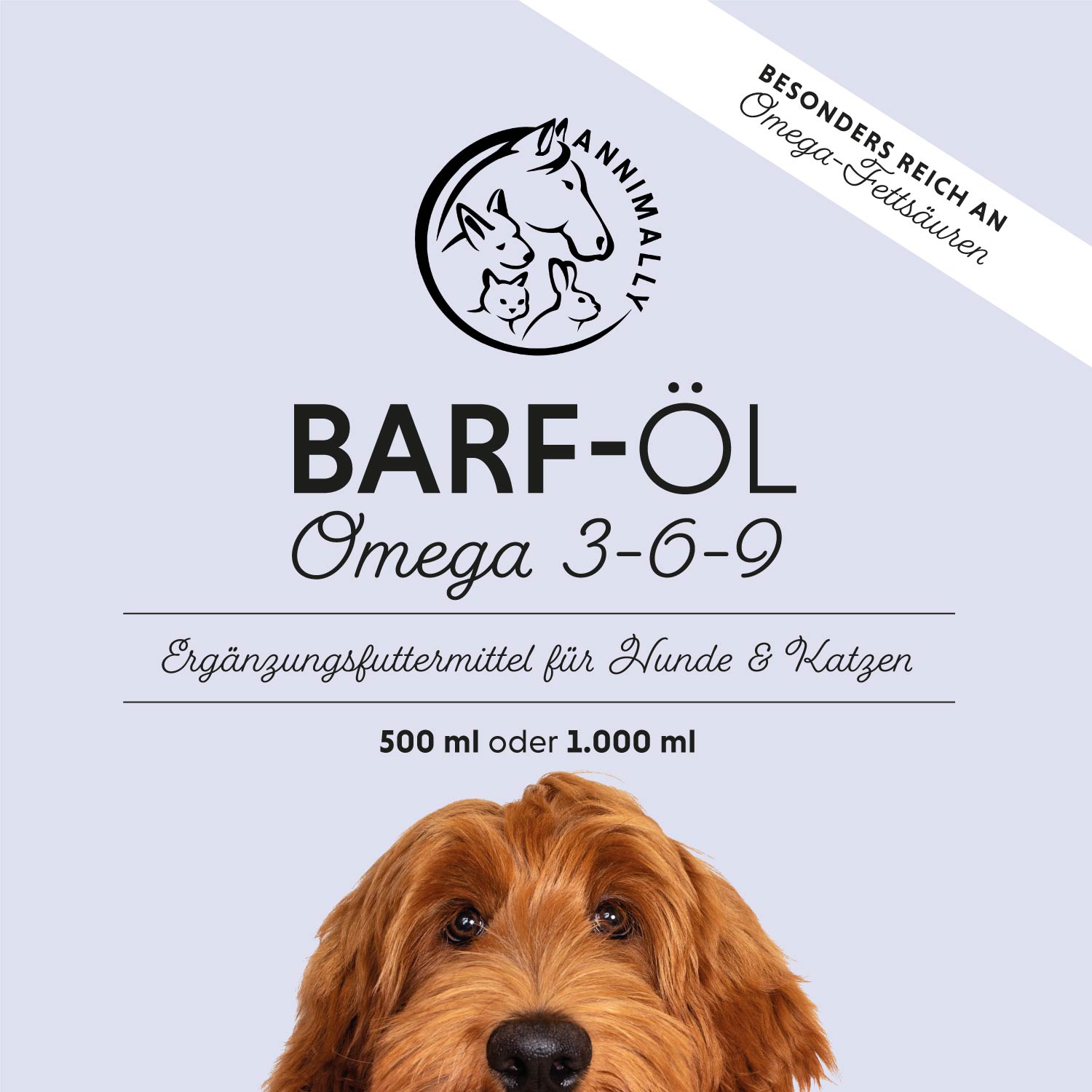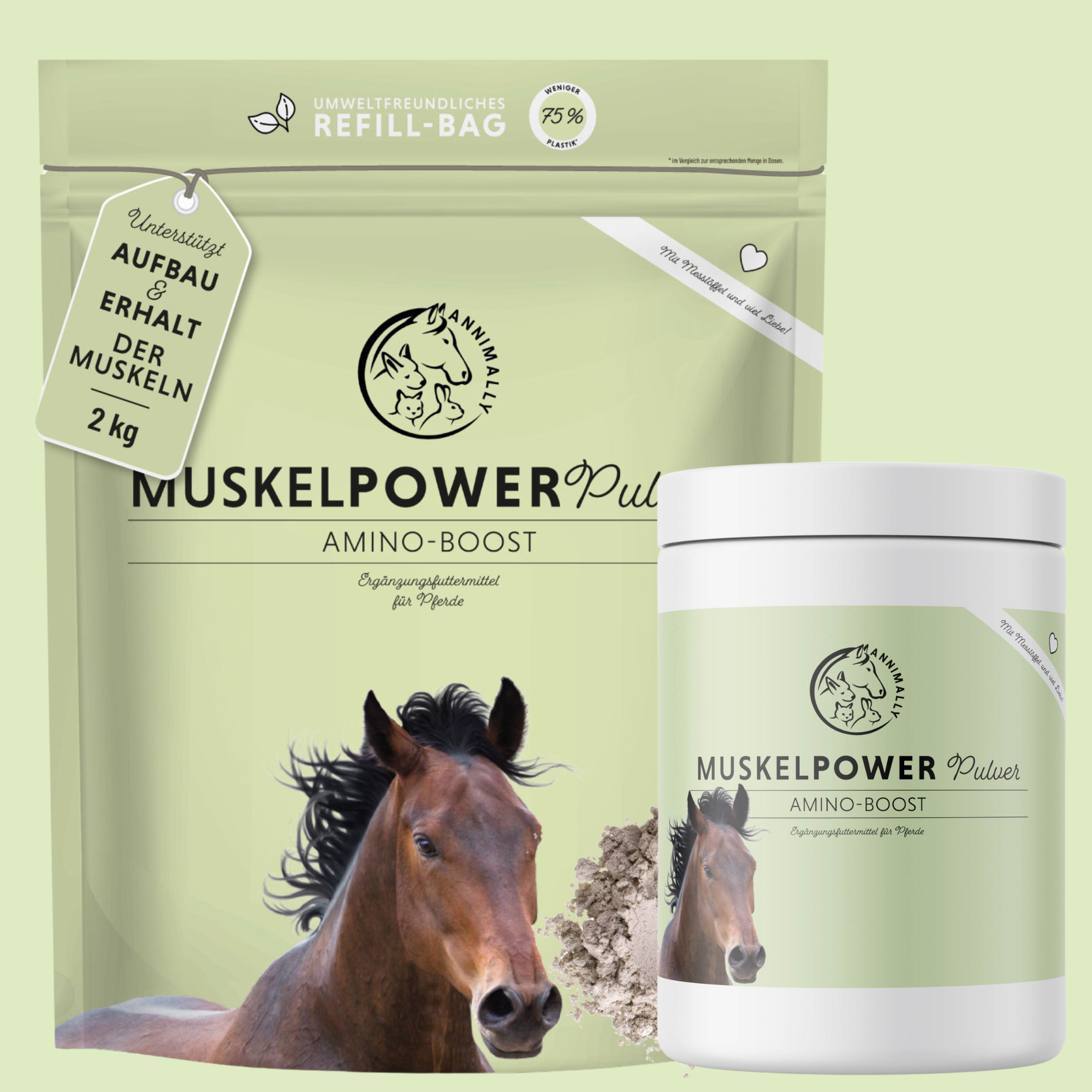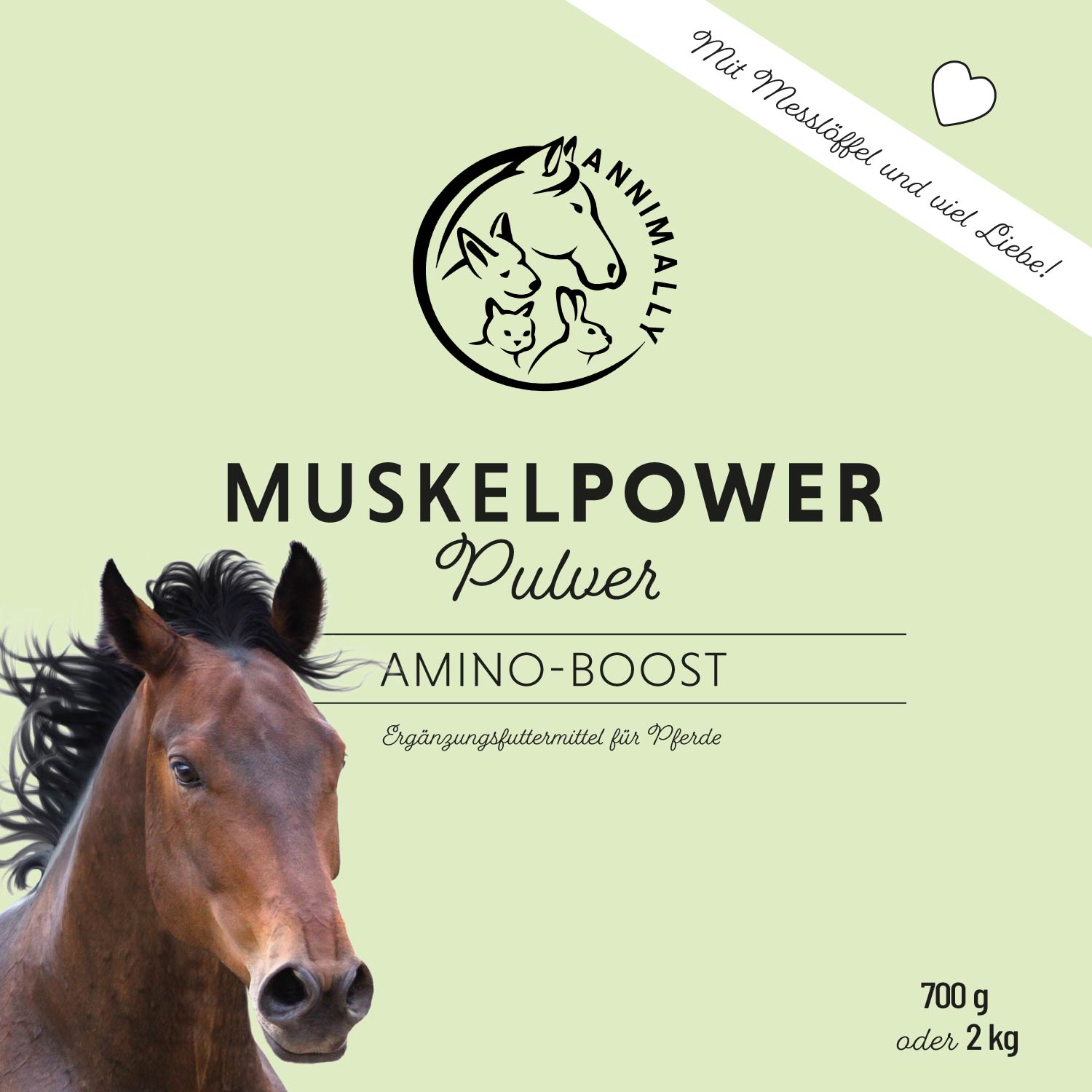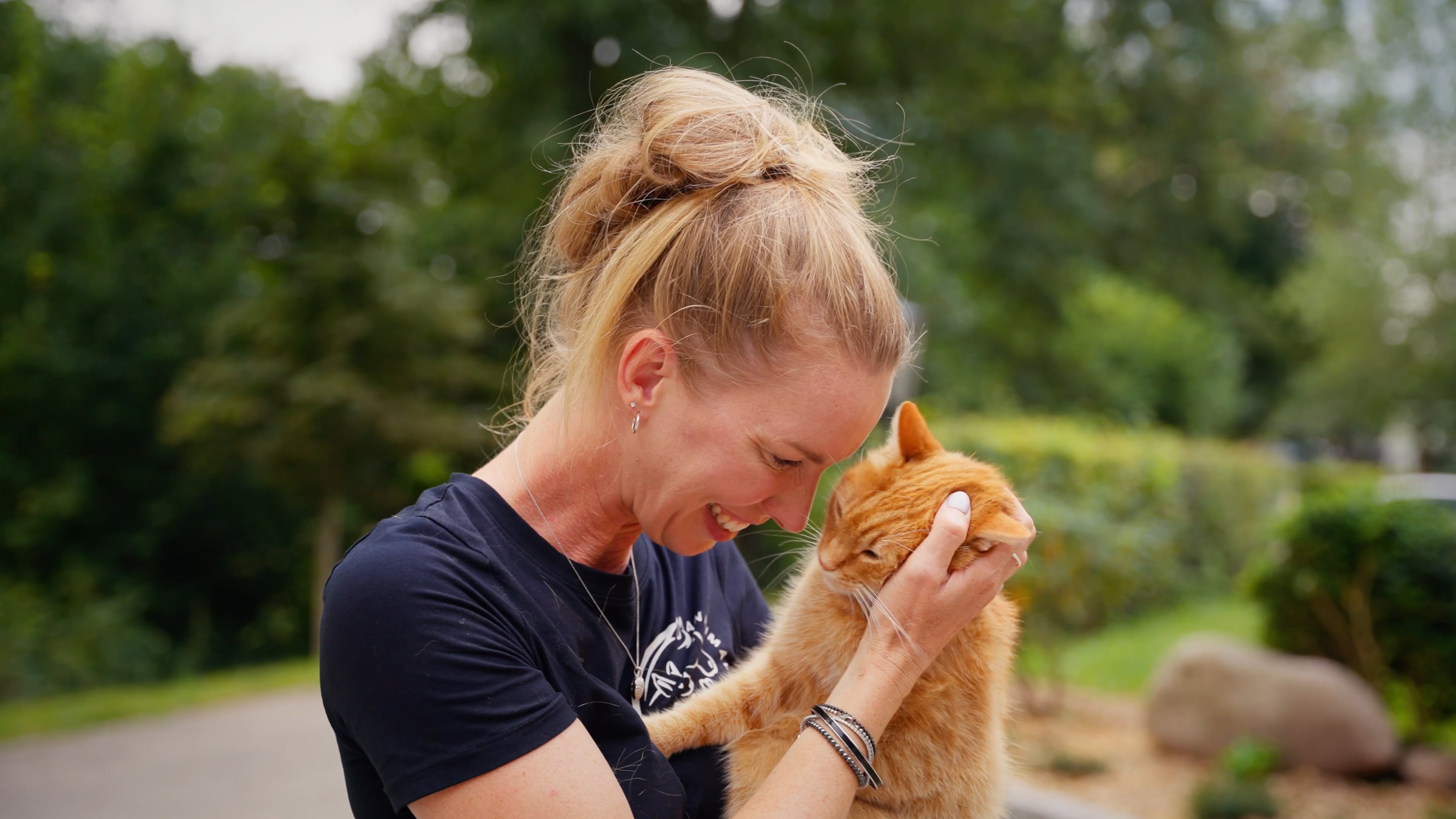
Gastritis in dogs: causes, symptoms and treatment options

Unfortunately, stomach problems in dogs are not uncommon. If your dog suddenly loses his appetite, vomits or seems tired, this could be a sign of gastritis, also known as inflammation of the stomach lining. This is an inflammation of the stomach lining, which can be very unpleasant and should definitely be treated.
In this detailed article, you will learn everything you need to know about the symptoms, causes and correct treatment of gastritis in dogs. We will also give you helpful tips on how to prevent this disease.
What is gastritis in dogs?
Gastritis is an inflammatory disease of the stomach lining. The stomach lining has a protective function and protects the stomach from the aggressive gastric acid that is necessary for digesting food. However, if this lining is attacked by external or internal factors, inflammation can occur, causing your dog considerable pain, nausea and discomfort.
What are the two main types of gastritis?
Acute gastritis:
This form occurs suddenly and causes symptoms quickly. It often lasts only a few days and can be triggered by external stimuli such as spoiled food or swallowing foreign objects.
Chronic gastritis:
This form develops over a longer period of time and the symptoms are often less obvious. It can be caused by long-term stress such as food intolerances or recurring stress.
How do you recognize gastritis in your dog?
The symptoms of gastritis in dogs can vary depending on the severity of the inflammation and the underlying triggers. The most common abnormalities of gastritis in dogs include:
-
Vomiting and nausea: One of the most typical symptoms. Your dog may vomit after eating or spit up bile or even blood on an empty stomach. If the vomit is bloody or dark, this indicates a more serious irritation of the stomach lining.
-
Loss of appetite: Many dogs with gastritis refuse food or are very reluctant to eat. This is often because they are nauseous or in pain.
-
Stomach growling and flatulence: If you notice that your dog's stomach is unusually loud or that he is having increased flatulence, this could indicate irritation of the gastrointestinal tract.
-
Lethargy and weakness: Dogs with stomach problems are often weak, tired and have little energy. They become withdrawn and seem listless.
-
Diarrhea: In some cases, gastritis can also affect the intestines, leading to diarrhea.
-
Weight loss: Especially with chronic gastritis, dogs often lose weight because they eat less and are less able to absorb nutrients.
-
Dehydration: Frequent vomiting and/or diarrhea can cause your dog to lose fluids quickly. Watch for signs such as dry mucous membranes and reduced skin elasticity.

If you notice one or more of these signs in your dog, it is advisable to see a veterinarian quickly. Untreated gastritis can cause serious complications, such as stomach ulcers or, in the worst case, a stomach perforation.
Causes of Gastritis in Dogs
There are many different causes that can trigger gastritis in dogs. It is often a combination of several factors. Here are the most common causes:
-
Food intolerances and allergies: Some dogs are sensitive to certain foods or additives. Intolerances to grains, certain types of meat or artificial preservatives are particularly common.
-
Spoiled or unsuitable food: Have you ever noticed your dog picking up garbage or leftover food when you go for a walk? Eating spoiled food, garbage or toxic substances can lead to acute stomach problems and gastritis.
-
Foreign body in the stomach: Dogs are curious animals and tend to eat anything from plastic to small toys to scraps of fabric. These foreign bodies can irritate the stomach lining and cause inflammation.
-
Medications: Certain medications, especially non-steroidal anti-inflammatory drugs (NSAIDs) or cortisone, can attack the stomach lining if taken over a long period of time and cause gastritis. Therefore, never give your dog medication without consulting a veterinarian.
-
Infections: Bacterial infections such as Helicobacter pylori, viral infections or parasitic infections (e.g. worms) can also cause inflammation of the gastric mucosa.
-
Stress: Dogs are very emotionally sensitive and react strongly to changes in their environment. Stress, whether from moving, new family members or other stressful situations, can put a strain on your dog's stomach and lead to gastritis.
-
Toxins and chemicals: Your dog could accidentally ingest toxins such as pesticides, chemicals or household cleaners that cause stomach irritation.
diagnosis by the veterinarian
If you suspect that your dog is suffering from gastritis, you should take him to the vet as soon as possible. The vet will perform various tests to determine the exact cause and severity of the gastritis. Typical diagnostic methods include:
-
Clinical examination: The vet will palpate your dog's abdomen to determine if he is in pain and will also look for general abnormalities such as fever or dehydration.
-
Blood tests: These help to detect inflammation, infections or possible organ problems that could be the cause of gastritis.
-
X-ray or ultrasound: Imaging techniques such as X-rays or ultrasound can help detect foreign bodies or structural problems in the gastrointestinal tract.
-
Endoscopy: In more severe cases, an endoscopy may be necessary. This involves inserting a small tube with a camera into the stomach to directly examine the mucous membrane and take tissue samples.

treatment options
The treatment of gastritis depends on the cause and severity of the disease. A combination of drug therapy and dietary measures is often used. Here are some common approaches:
-
Medications: To reduce stomach acid and protect the stomach lining, proton pump inhibitors or antacids are often prescribed. These medications make the stomach less aggressive and allow the inflammation to subside. If there is a bacterial infection, antibiotics may also be necessary.
-
bland diet: During the acute phase of gastritis, it is important to give your dog easily digestible food. Light food such as boiled chicken, rice or special gastrointestinal diets from specialist retailers are ideal. Make sure to feed small portions and avoid fatty or highly seasoned foods.
-
Fluid intake: Since dogs with gastritis lose a lot of fluid through vomiting and/or diarrhea, an infusion may be necessary to restore fluid balance.
-
Rest and stress avoidance: Your dog should have plenty of rest and be exposed to as little stress as possible during recovery. Try to provide him with a calm environment and avoid exciting activities.
Prevention: How to protect your dog from gastritis
To prevent gastritis from occurring in the first place, you can take some preventative measures. Here are a few tips to protect your dog from stomach problems:
-
High-quality food: Make sure to feed your dog a balanced, high-quality food that is free from unnecessary additives and allergens. If your dog is sensitive to certain ingredients, you should switch to hypoallergenic food.
-
Regular meals: Feed your dog at regular times and avoid giving him large portions at once. Several small meals a day are often better for digestion.
-
Avoid foreign bodies: Make sure your dog does not eat dangerous or unsuitable objects while walking. Also keep toys clean and make sure they do not have any parts that could be swallowed.
-
Reduce stress: Try to protect your dog from stressful situations. Regular walks, enough rest and lots of attention will help keep your dog emotionally balanced.
-
Medication only after consultation: To avoid stomach problems, never give your dog any medication without consulting a veterinarian.
When should you go to the vet?
It is completely normal for dogs to vomit from time to time, especially if they have eaten something they are intolerant to. However, if vomiting occurs frequently, your dog vomits blood or has no appetite for a long time, you should go to the vet immediately. Severe abdominal pain or signs of dehydration should also be taken seriously. Gastritis can quickly worsen and, if left untreated, can lead to stomach ulcers, internal bleeding or gastrointestinal perforation.
Conclusion
Gastritis is a common disease in dogs, but it can be easily treated if detected early.
Pay attention to typical signs such as vomiting, loss of appetite and weakness. With targeted treatment and an adapted diet, you can help your dog quickly and prevent the disease from becoming chronic. With the right precautions, you can minimize the risk of gastritis and ensure that your dog feels completely well.

